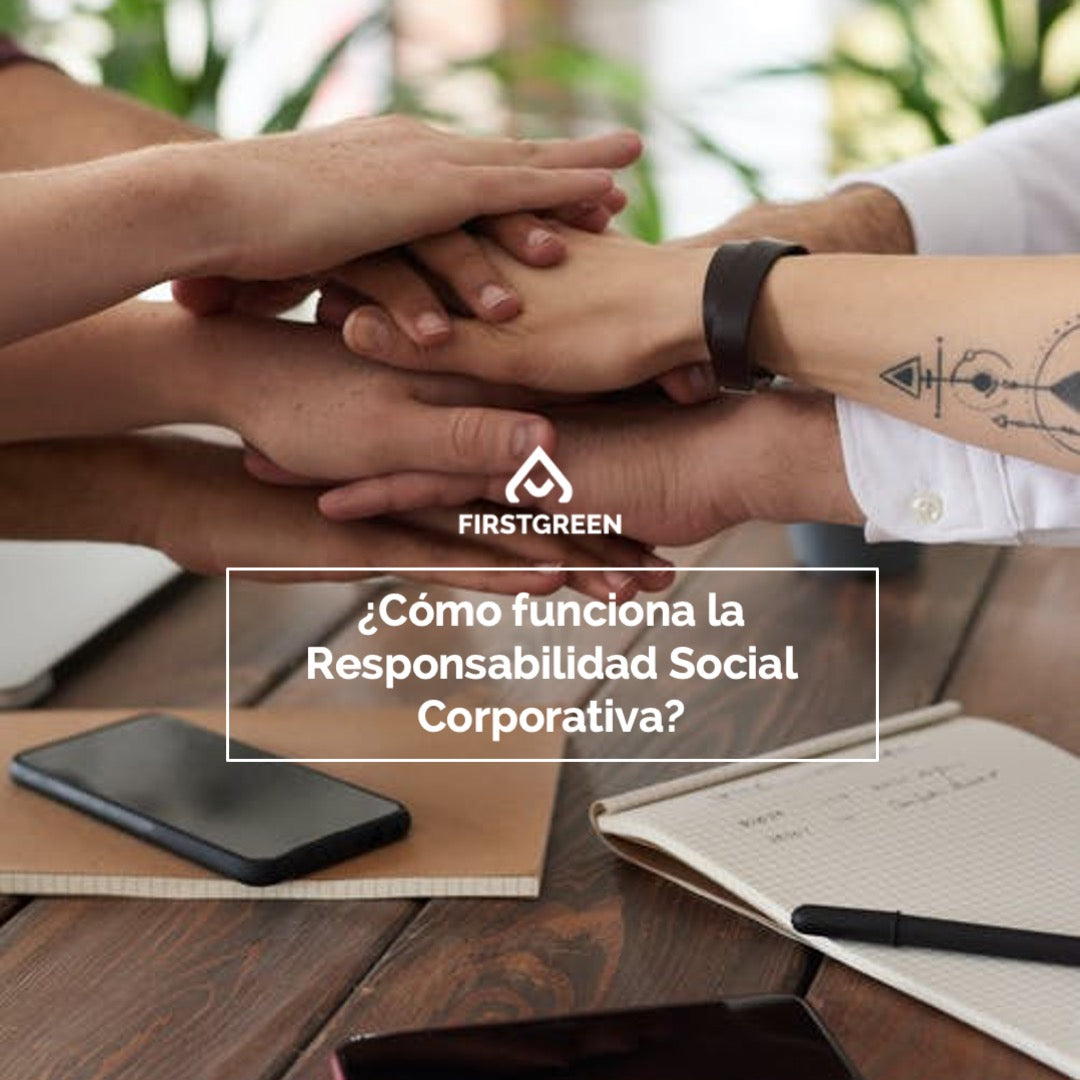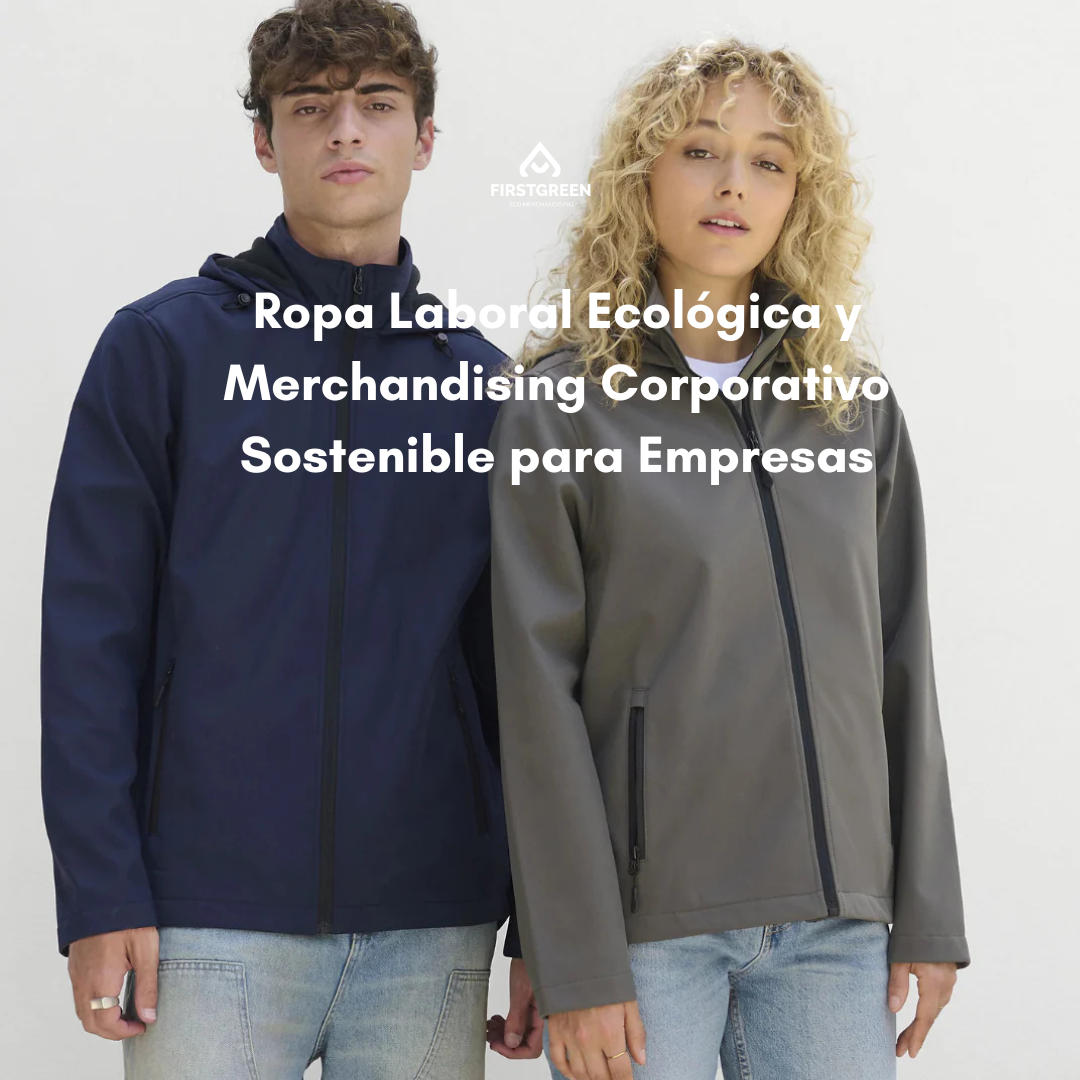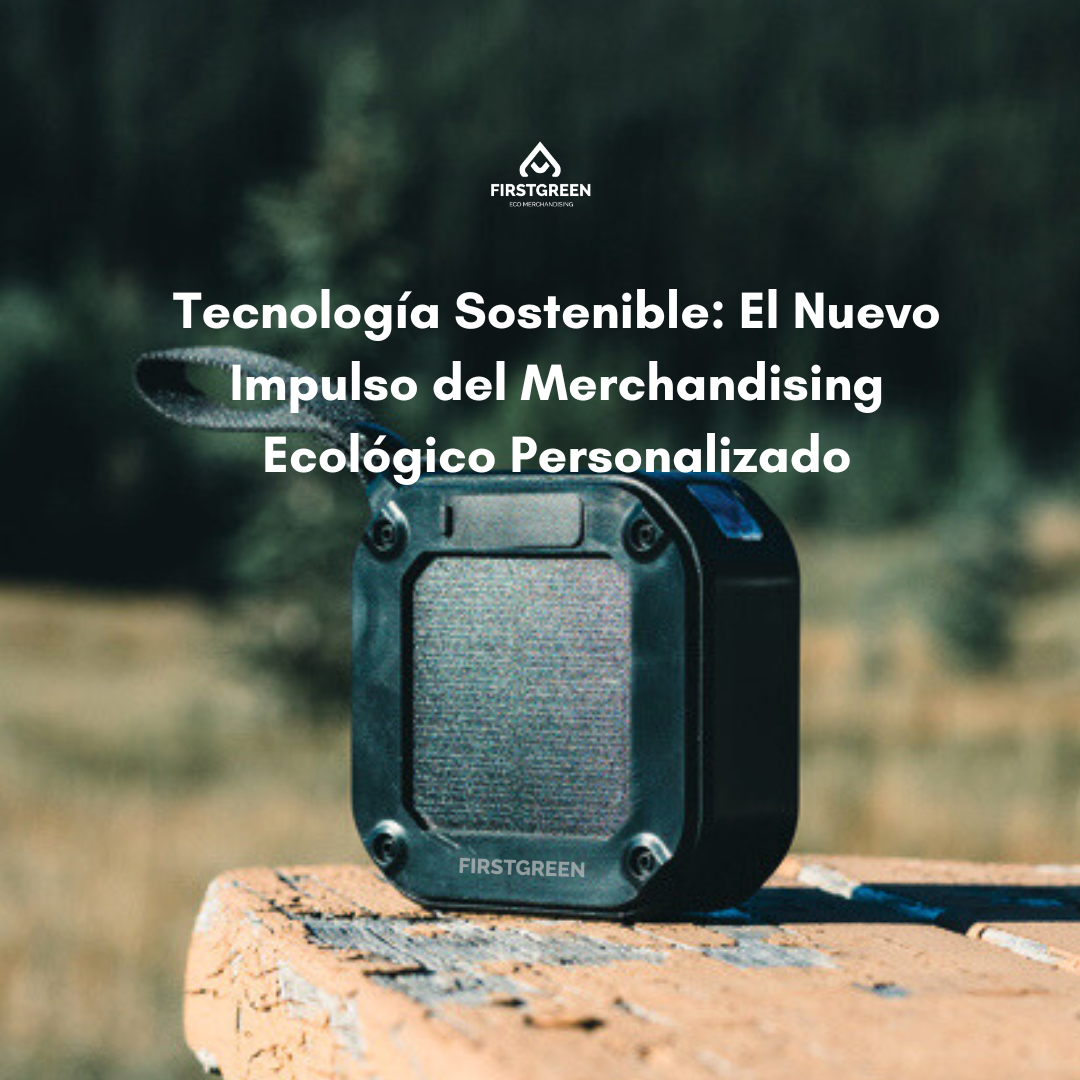More and more companies are seeking to promote and differentiate their brand by displaying their commitment to the environment, workers and family conciliation. An example of this are marketing campaigns with customizable ecological and sustainable promotional gifts that use the distinctive seal and aware tracer as a guarantee of product manufacturing under strict rules that care for the environment and workers from its origin to the point of sale.
How do your company's actions influence the environment? What is corporate social responsibility?
In recent decades, the environment and the search for new ecological projects, more sustainable work schemes and new forms of energy that are more respectful of the environment are just some of the trends that try to correct the negative impact that humans and their activities have had on nature, accelerating climate change.
A trend that is not only being adopted by public bodies, but also as an individual, social and corporate responsibility.
Corporate responsibility, as a commitment to sustainable consumption.
With social responsibility, the reconciliation of business objectives of employees and their families are allied and mark a differentiation in the improvement of social capital and quality of the entire community.
Its main objective is to achieve a positive impact that translates into greater competitiveness and sustainability for companies, covering three aspects:
1.- Corporate responsibility with the environment

The concept of Sustainability first appeared in 1987 in the Brundtland report aptly named “Our Common Future” in which governments from around the world began to debate the challenge of achieving sustainable development in which present needs do not compromise the needs of future generations.
Considering that in order to maintain the current lifestyle in 2030 we will need the equivalent of three planets, it is necessary to ensure and achieve good management of natural resources so that raw materials are always available now and in the future.
Sustainability in a company considers the impact that its daily activity has on the environment, since the actions committed anywhere on the planet affect the entire planet to a greater or lesser extent.
We must all take responsibility for our actions and their consequences, taking into account both the factors involved in such business activities and those who are harmed by them.
In relation to the environment, corporate responsibility, from obtaining raw materials, manufacturing and distribution of products.
To be responsible in this regard, it is possible to optimize as much as possible the natural resources and raw materials used and try to minimize the impact with, for example, energy saving measures, combating desertification, land degradation and loss of biodiversity.
Applying practices such as reuse , recycling , reduction of waste production and energy consumption, and digitalization that avoids the consumption of paper and ink, also achieves substantial savings to reinvest in other areas of the company and achieve greater growth.
2.- Be careful with the working conditions of your workers
Companies can benefit from their social and community environment through their activities and contribute to the positive development of the communities in which they operate. As a result, their community reputation increases.
Incorporating environmental care into company policy creates a good working environment that increases employee performance and impacts business productivity.
Extending this commitment to customers, rewarding their contribution to caring for the planet, such as collecting clothes, used batteries, recycling coffee capsules, are used as promotional marketing campaigns in which customers join in a common project of commitment to environmental sustainability promoted and encouraged by a multitude of large and small companies to add differentiation and positive brand value.
3.-Support for humanitarian causes

More and more companies and NGOs are bringing their interests together, overcoming initial prejudices in favour of greater social sensitivity on the part of companies and their employees, who highly value the ability to contribute with their work to mitigate certain social problems.
Companies and NGOs join forces to:
- Gain long-term efficiency , such as football teams with UNICEF, with annual financial contributions in exchange for displaying their logo on a well-known NGO and shared management of humanitarian projects.
- Improving the quality of social intervention through complementary skills or hybrid value chains , in which companies combine knowledge with institutions to improve social intervention, such as Ferrovial, which provides funding and knowledge from volunteer employees, and the NGO Oxfam, which provides knowledge of the field and community needs in water and sanitation infrastructure projects in Colombia and Ethiopia.
- Generating social innovation and entrepreneurial capacity , in which organizations join together to jointly develop new products, services or projects that provide social value and contribute to improving a problem in society. Such as IKEA, which offers IKEA's knowledge and logistical capacity aimed at helping refugees, and UNHCR, which is interested in innovating in health care.
- Promote local and global changes through alliances that aim to achieve specific improvements or changes, generally of a social or environmental nature, for example with the creation of seals or labels that group together different sectors that seek to differentiate themselves from the rest by promoting ethical practices that put an end to practices that are harmful to the environment and to human beings in certain sectors.
Consuming sustainable products is a choice in which environmental values come first in a consumer economy that we cannot change, but we can change the resources and way products are manufactured.
FIRSTGREEN, as a personalized merchandising advertising company committed to the environment, joins the movement of entrepreneurs who seek environmental sustainability through their actions. Working and promoting ecological and sustainable articles that differentiate and make your brand visible.
The promotional and personalized gift sector is a good way to show your brand commitment to your customers and at FIRSTGREEN you can directly access the Ecological Action collection dedicated to products that, in addition to their careful ecological footprint, donate 2% of their sale price to the NGO Water.org (a global non-profit organization that works to bring water and sanitation to the world).


